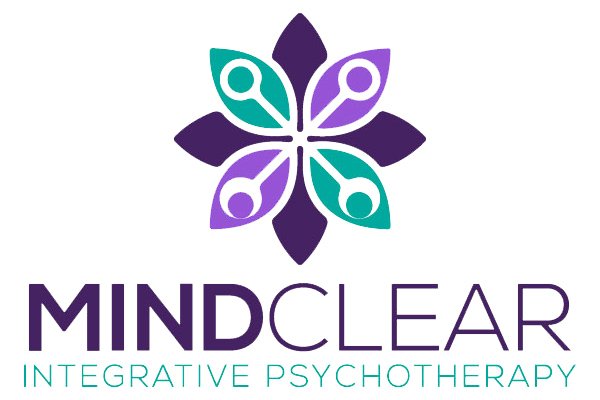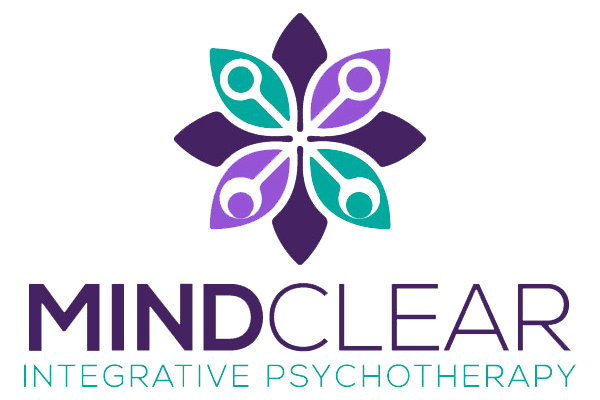Non-Diagnostic Therapy
Non-diagnostic therapy may sound a bit strange to some. It’s common to think that a diagnosis is not only a necessity for appropriate treatment, but also is something to help make sense of what’s wrong.
The thing is, medical diagnoses in mental health treatment are actually quite controversial and not at all what they seem.
Almost all psychiatric diagnoses lack validity, meaning that they cannot predict outcomes nor do they tend to describe discrete entities that can be identified in nature. They also do not reliably lead to any specific treatment that is most likely to be helpful beyond the individual complaints you first describe. This may seem shocking, but nonetheless is true. Because of this, people often end up with multiple diagnoses and a lot of confusion, jumping from one treatment to another in an endless search to be fixed.
Diagnoses also tend to indicate that something is wrong with you, rather than validating that things have happened in your life that still might be impacting your ability to be content in the present. Something may definitely feel wrong. There’s no doubt about that. But, this does not negate that your suffering may make sense within the context of what has happened to you. There is meaning in your pain, even if it often doesn’t seem like it. This is a perspective that was at the root of the development of talk therapy, and is again gaining much traction throughout the world.
Of course, many do find diagnoses to be a helpful way of communicating their pain, finding others who have had similar experiences, and giving words to what often seems indescribable. Also, a diagnosis is always necessary for insurance payment.
At the end of the day, the therapeutic process is guided by what you, as an individual, may most need at any given time. Your unique set of difficulties may need specific interventions, such as relaxation techniques, reaction blocking, or exposure. There are no quick fixes or easy answers when it comes to healing deep and painful wounds, no matter how much we wish it were otherwise. Therapy is a hard and complicated process that takes time. Yet, it’s also almost always worth it.




